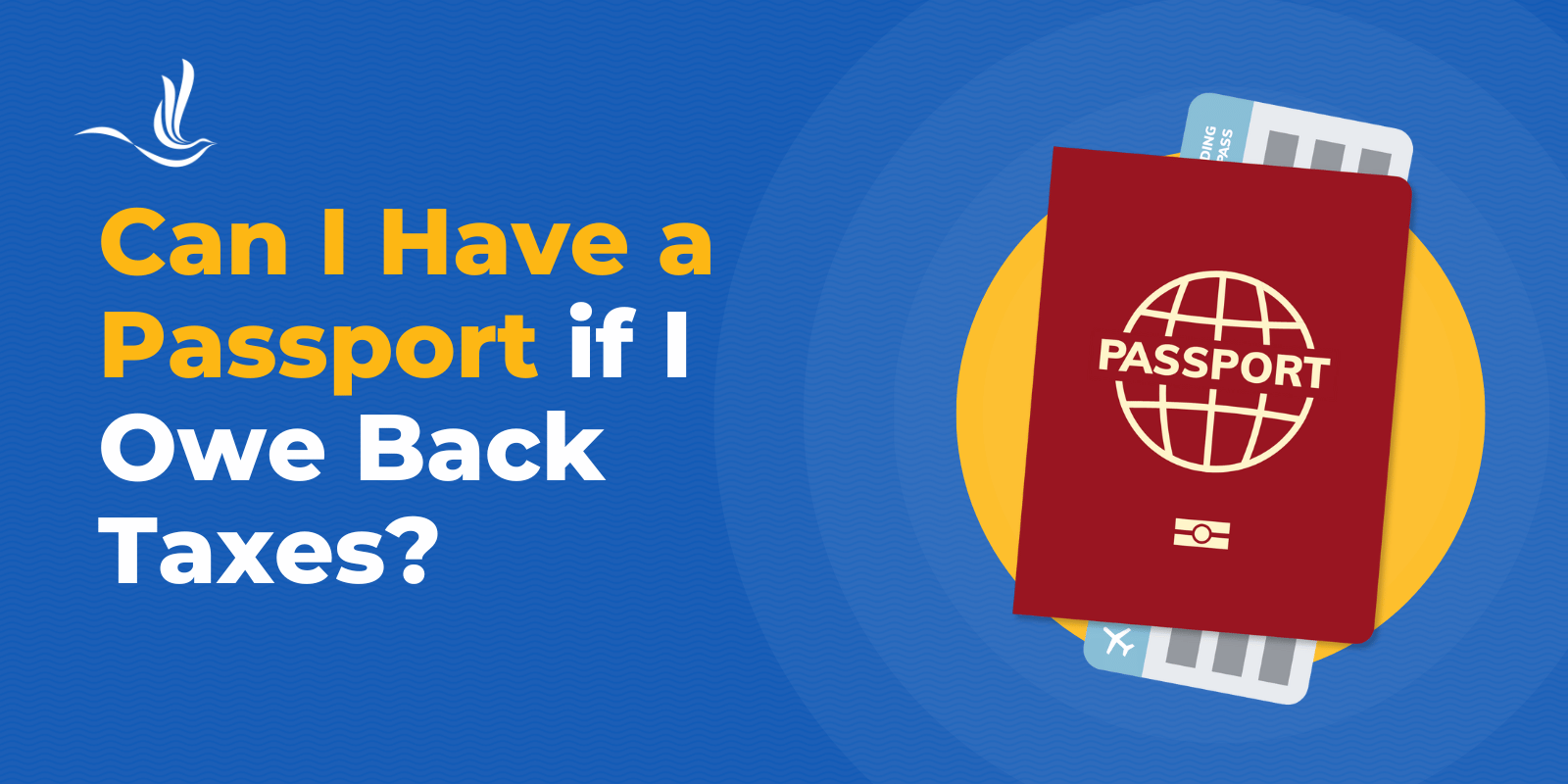
A passport is an essential travel document that allows individuals to explore new horizons, visit foreign lands, and experience diverse cultures. However, the privilege of holding a passport comes with certain responsibilities, one of which is fulfilling your financial obligations to the government. In this blog article, we will explore the question of whether you can obtain or renew a passport if you owe back taxes.
Understanding Passports and Tax Obligations
Most people are quite shocked to learn that back taxes can affect your ability to obtain or renew a passport. The IRS’s control over this privilege is just another method they use to encourage taxpayers to remain compliant. If the IRS deems your tax debt “seriously delinquent,” they have the authority to notify the State Department, who can then revoke your passport, or deny your passport application or renewal. This action will not come as a surprise. If the IRS plans to contact the State Department about your back taxes, they will let you know with IRS Notice CP508C. The Department of State will also notify you in writing of their plans to revoke your passport or deny your passport application.
“Seriously Delinquent”
According to the IRS, any tax debt that totals more than $55,000, including interest and penalties, is considered seriously delinquent. By this point, an individual likely has been levied and a notice of federal tax lien has been filed.
How can I get this action reversed?
Like many other consequences of not paying your taxes, the fastest and easiest way to reverse this action is to pay your tax debt. However, even paying your debt down so it falls below the “seriously delinquent” threshold can help resolve the issue. For those who cannot afford to pay, there are other options available to them including:
- Getting approved for an installment agreement with the IRS
- Getting approved for an offer in compromise
- Request innocent spouse relief
- Request a collection due process hearing
- Settle the debt with the U.S. Department of Justice
On the other hand, there are some scenarios in which the seriously delinquent status can be removed. These include:
- Filing for bankruptcy
- Being a victim of tax identity theft
- Entering currently not collectible status
- Being impacted by a federally declared disaster area
- Requesting an installment agreement
- Submitting an offer in compromise
- Having an IRS-accepted adjustment that can pay off the full debt
If you manage to fall into one of the above scenarios, it typically takes the IRS 30 days to reverse their action and notify the Department of State. In any case, it is crucial to take proactive steps to resolve the matter. Seek assistance from tax professionals, explore repayment options, and communicate with the relevant government agencies to find a suitable solution. Optima Tax Relief is the nation’s leading tax resolution firm with over a decade of experience helping taxpayers with tough tax situations.
Contact Us Today for a Free Consultation